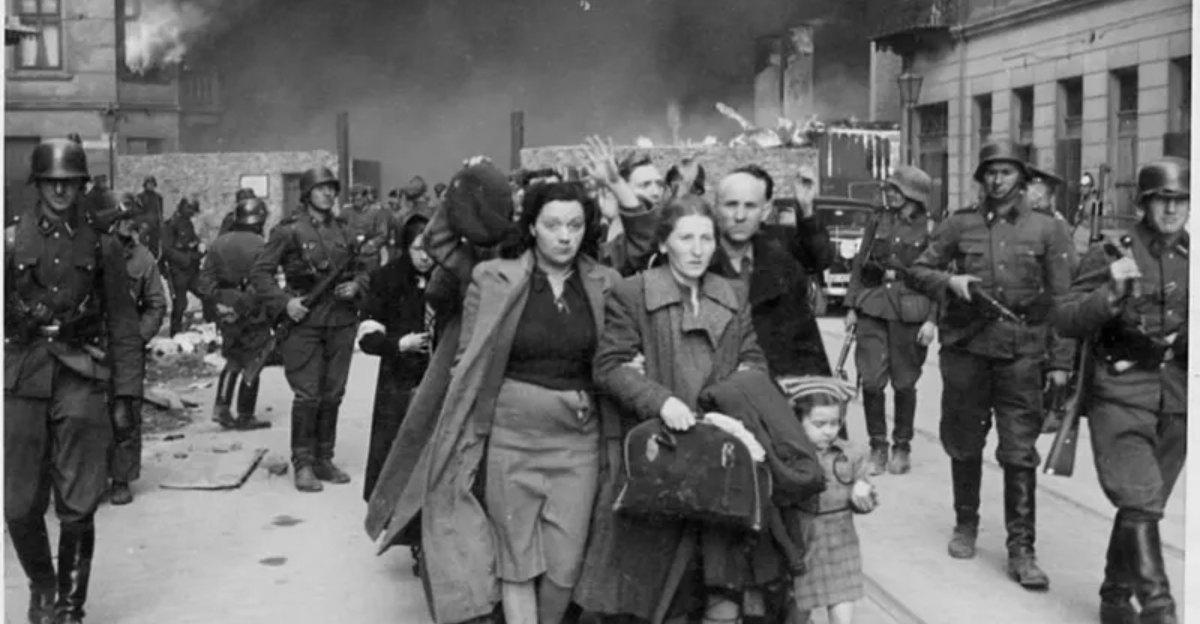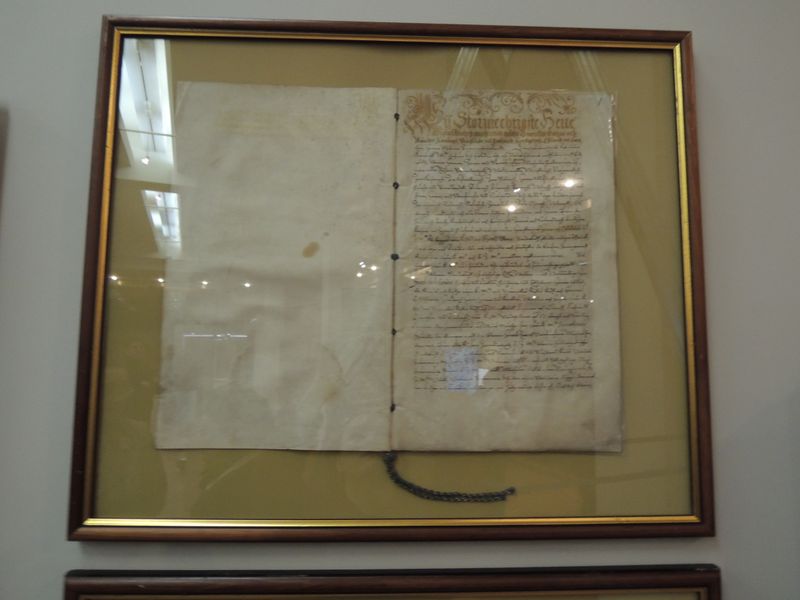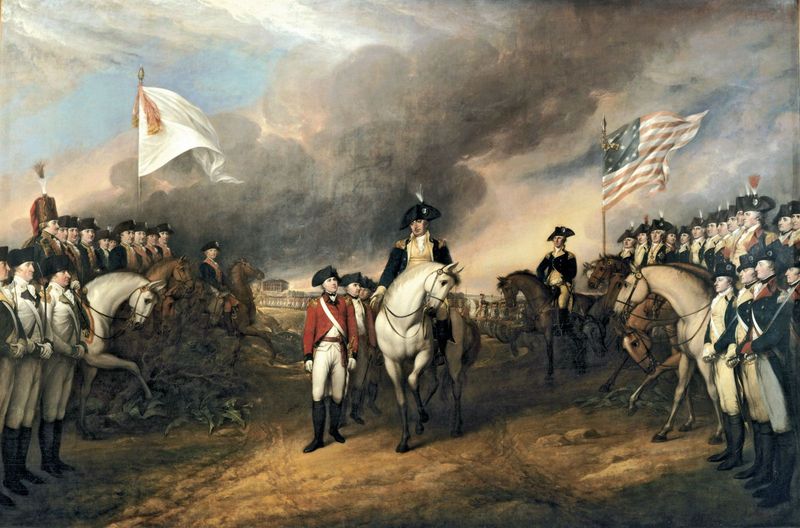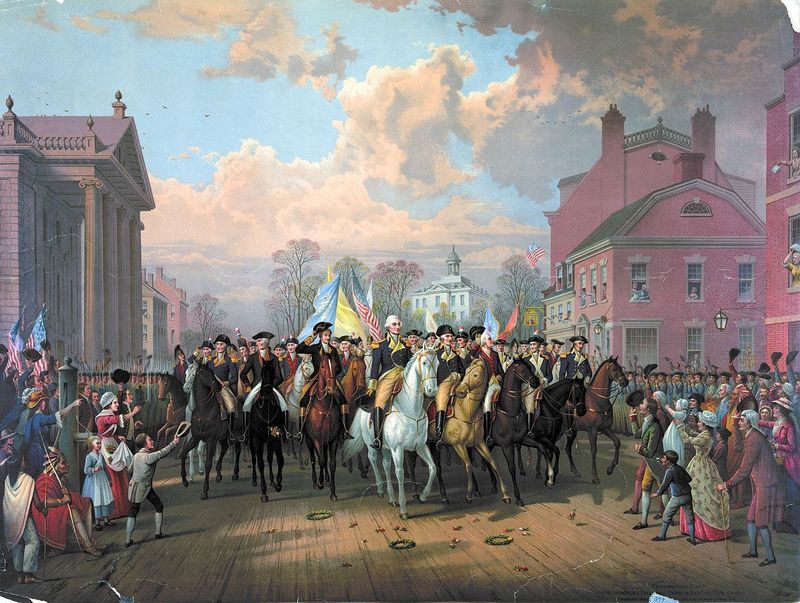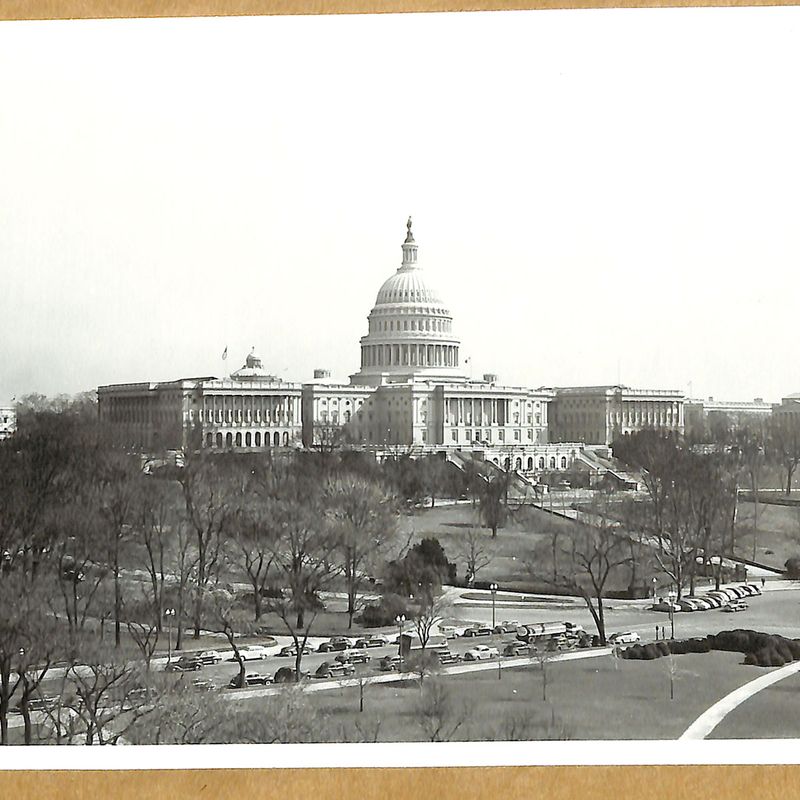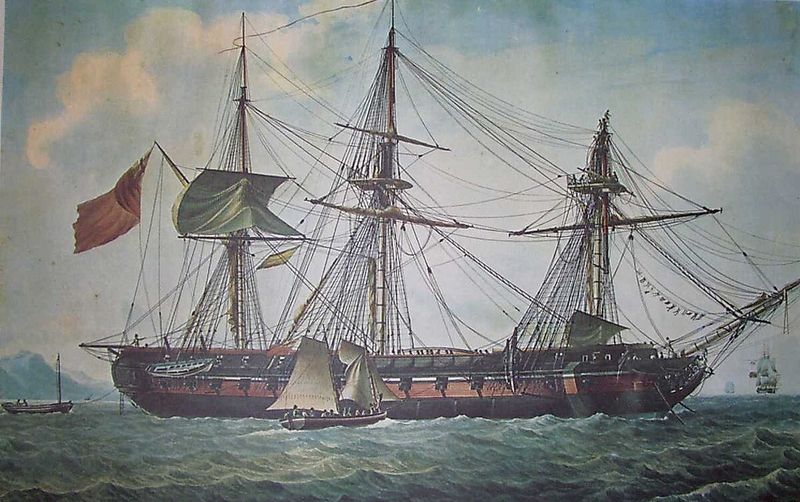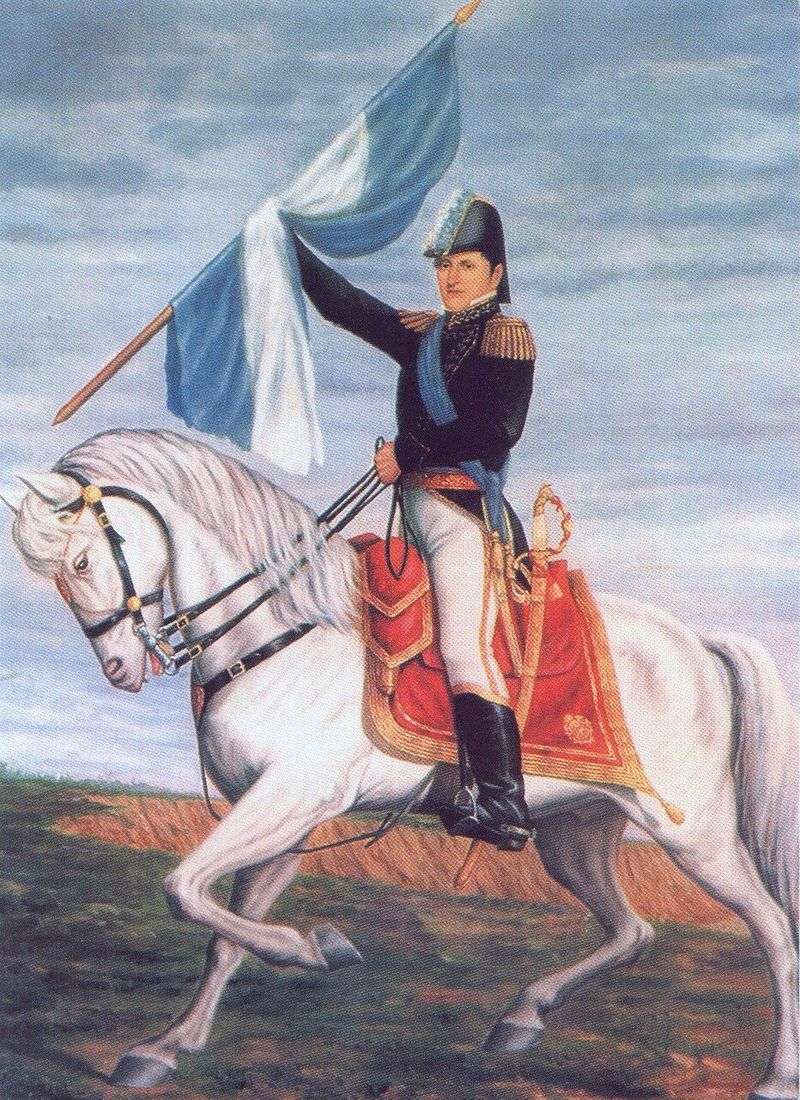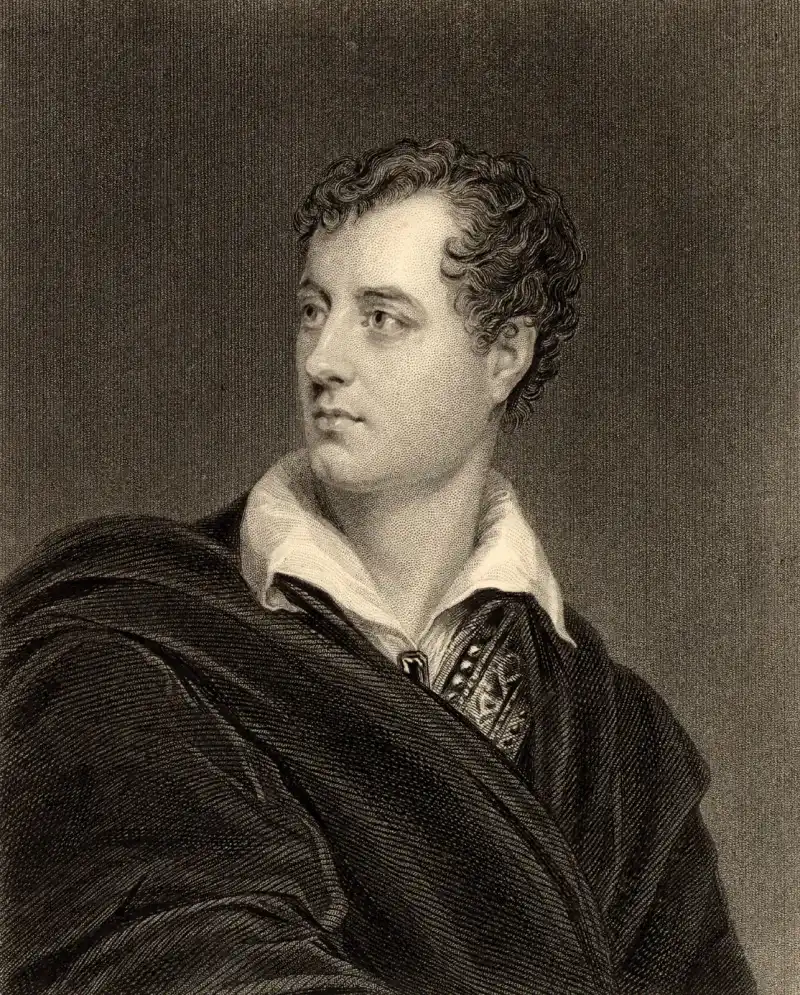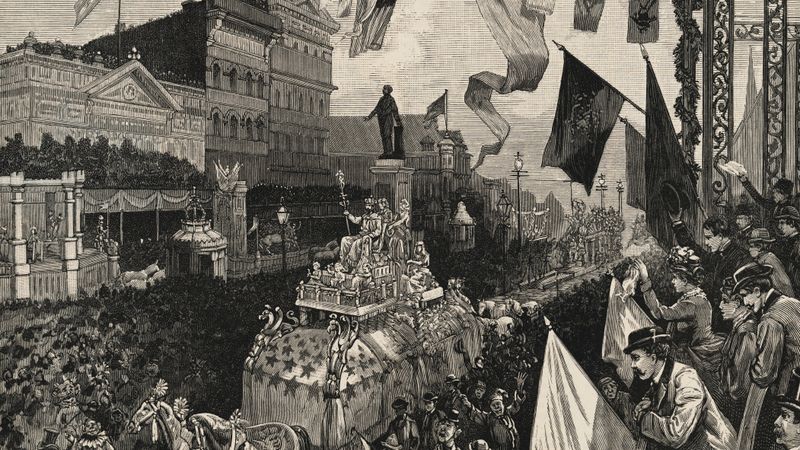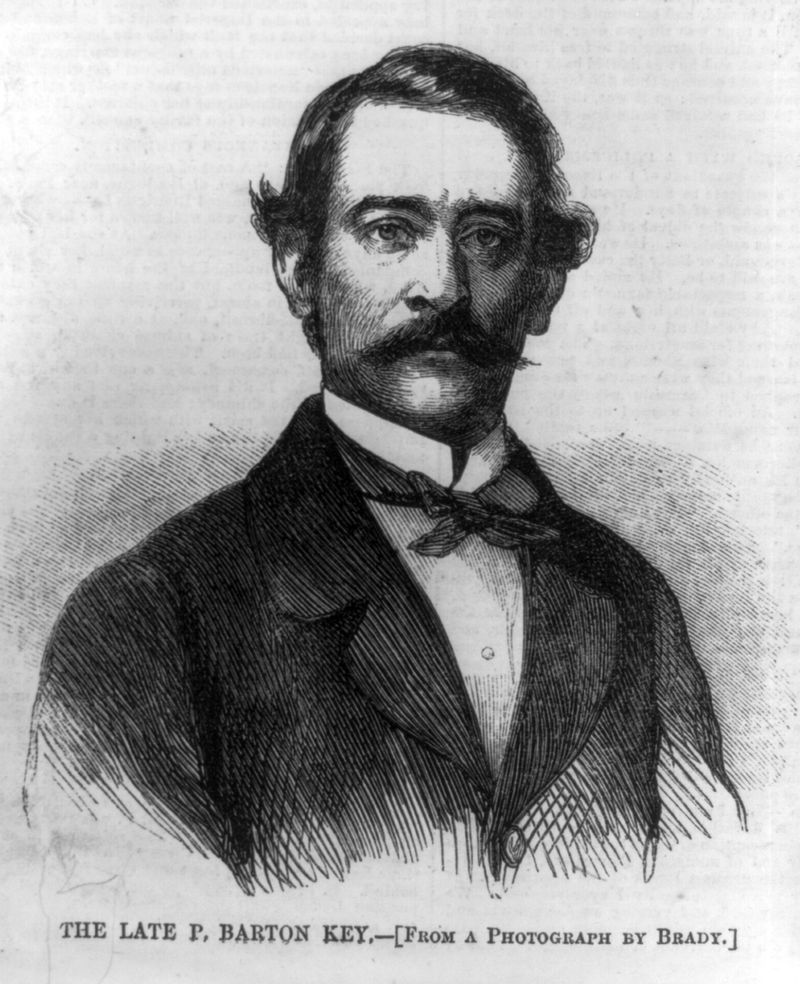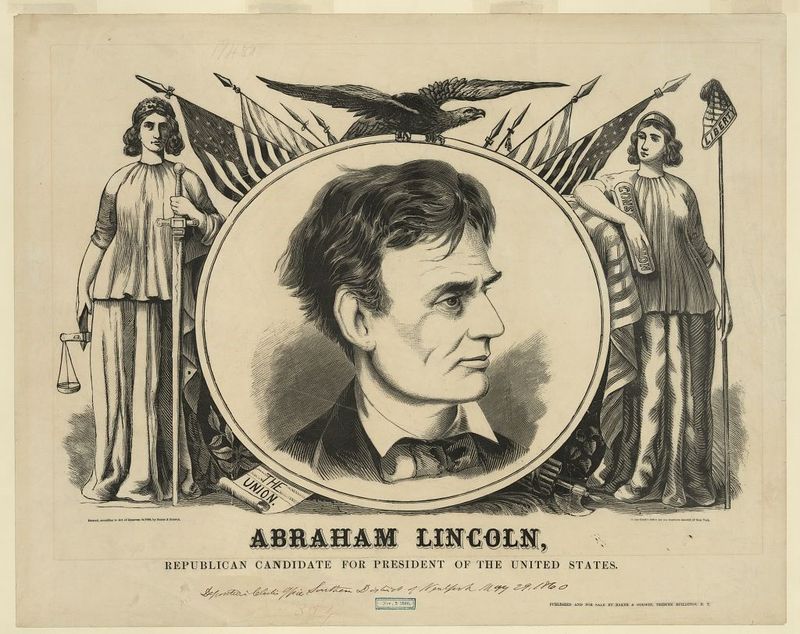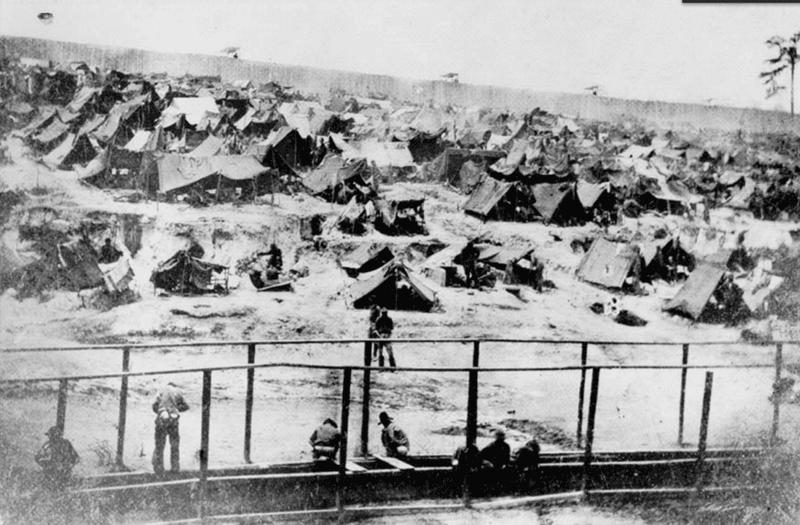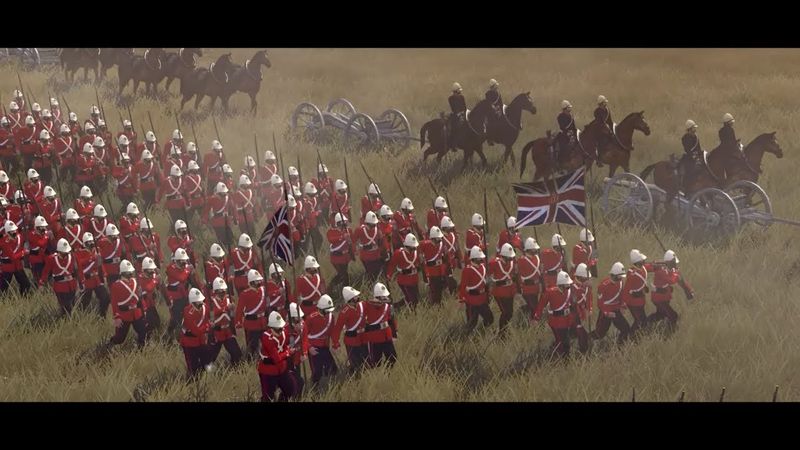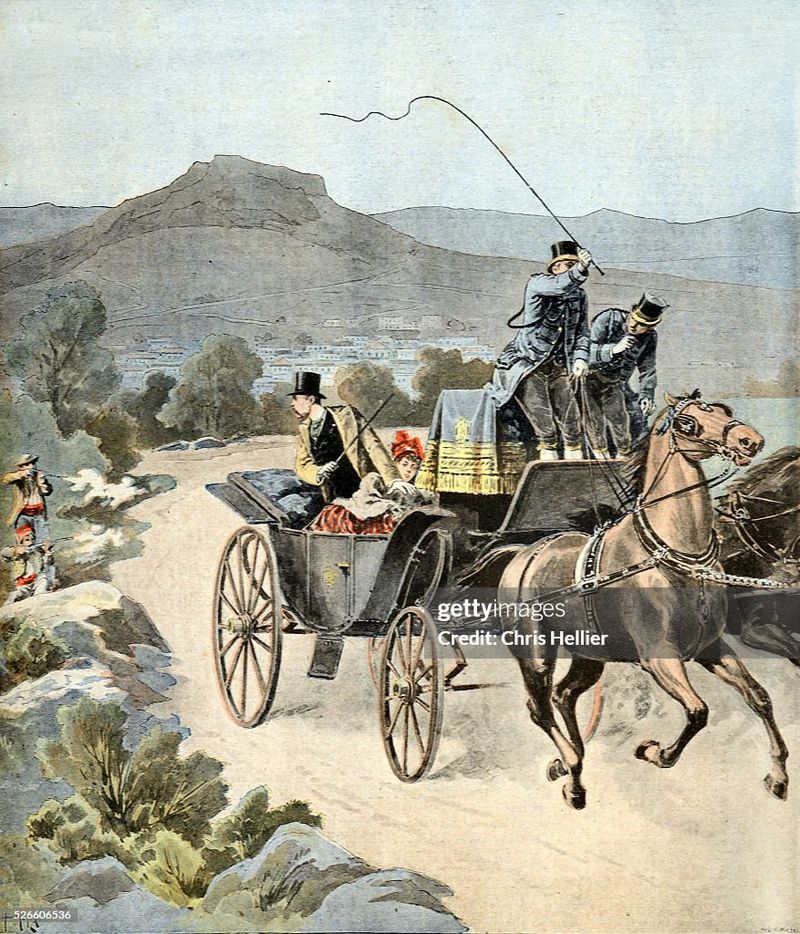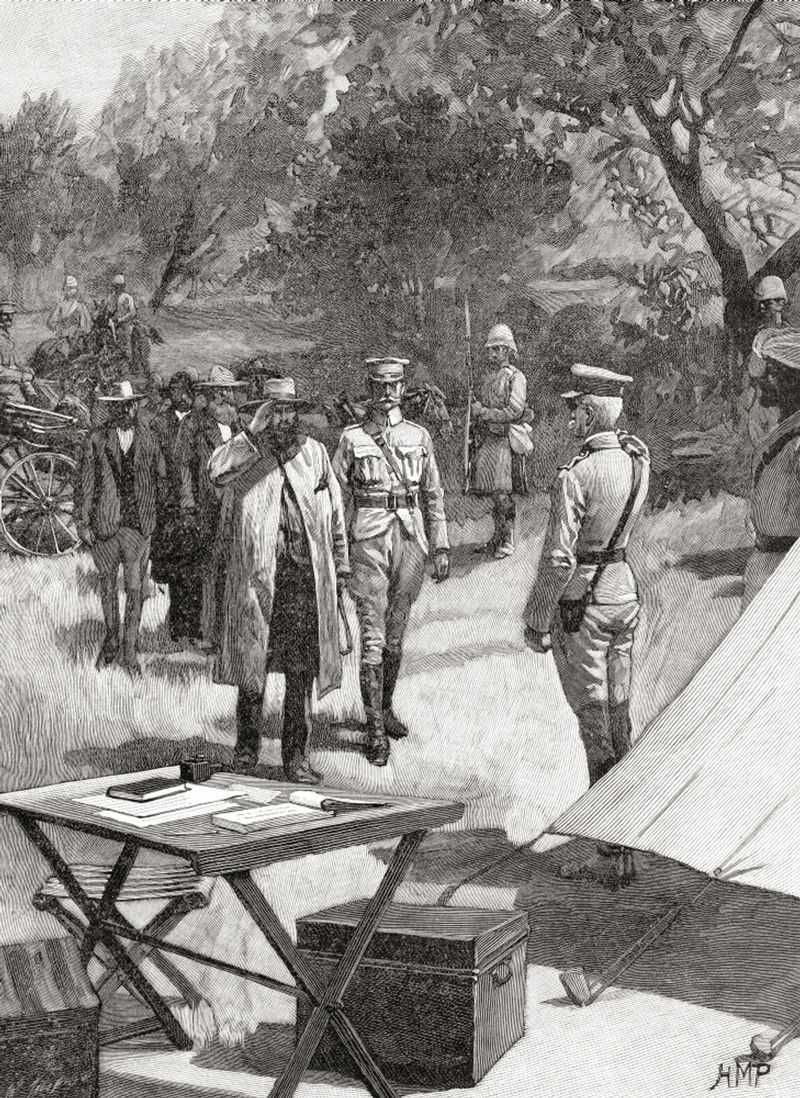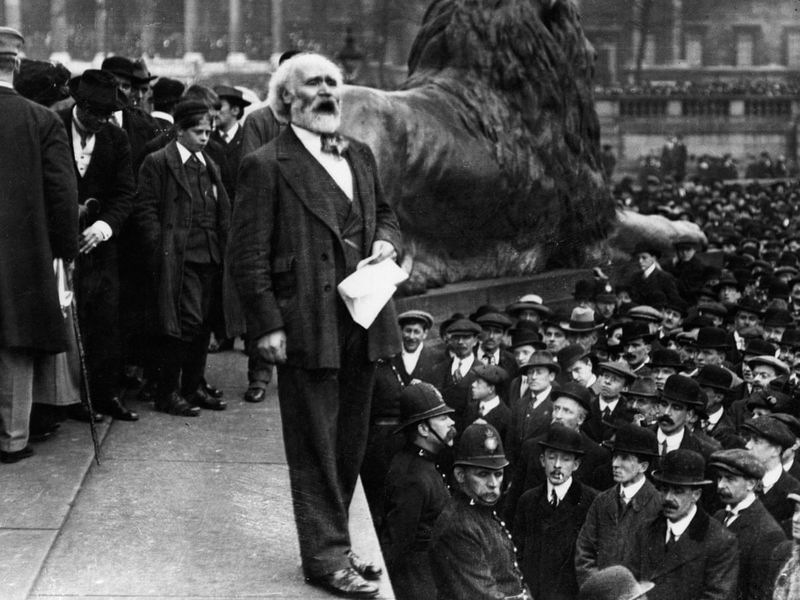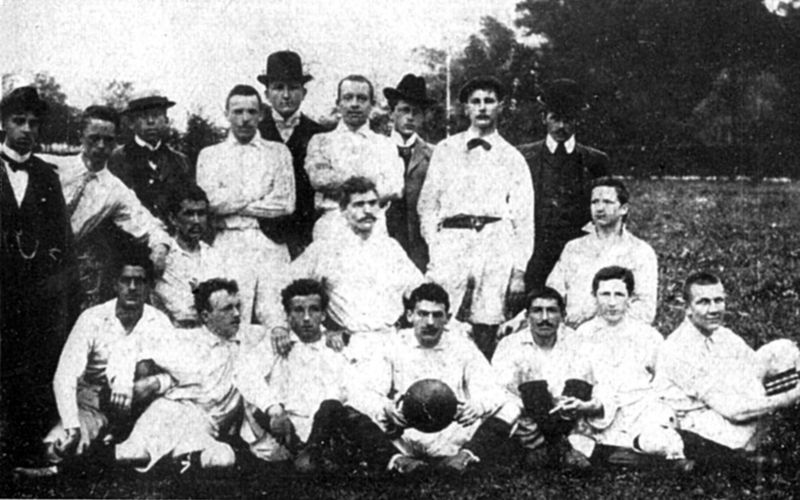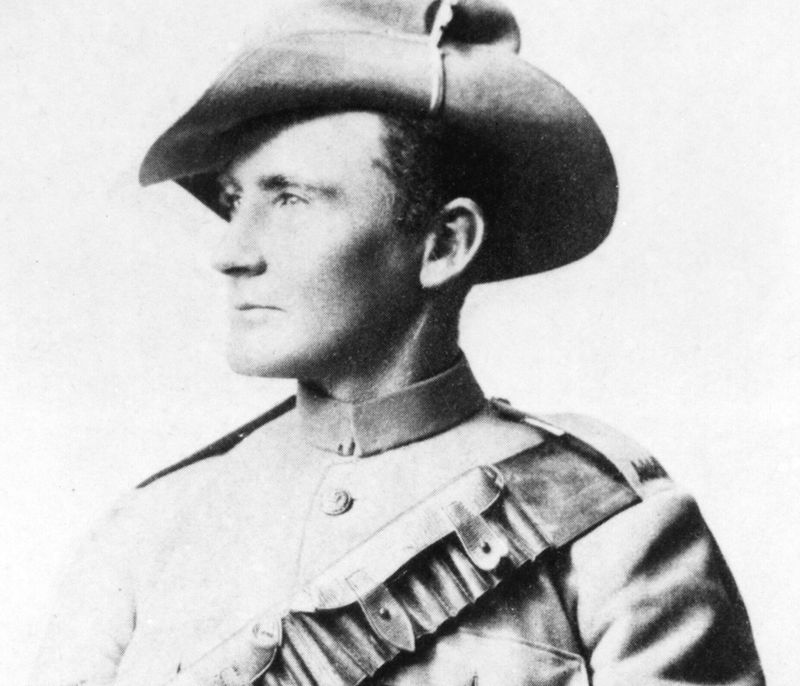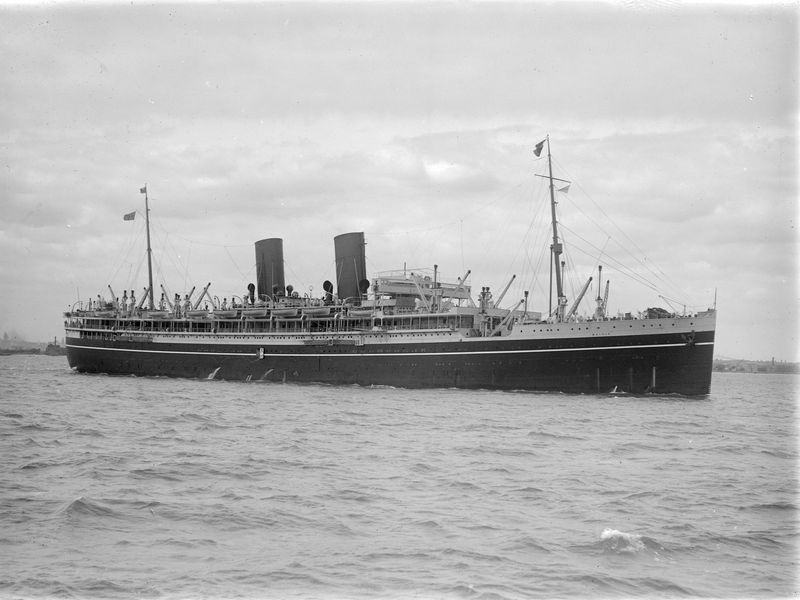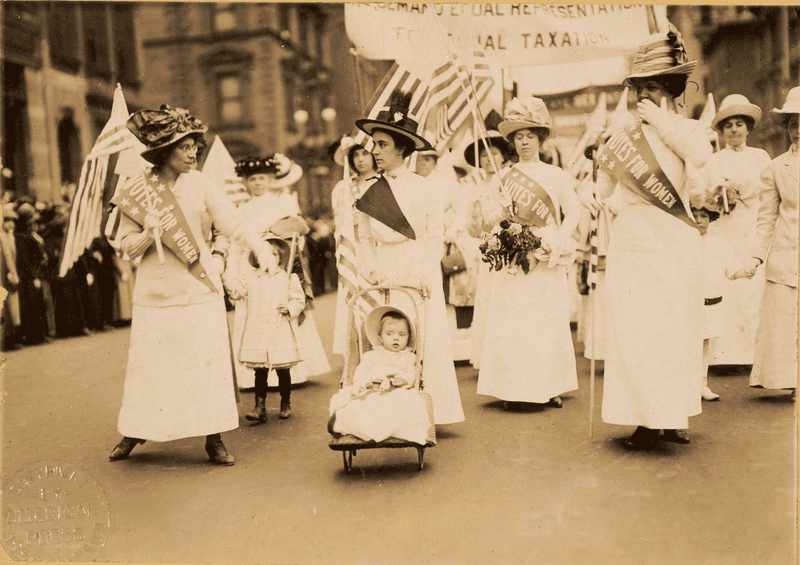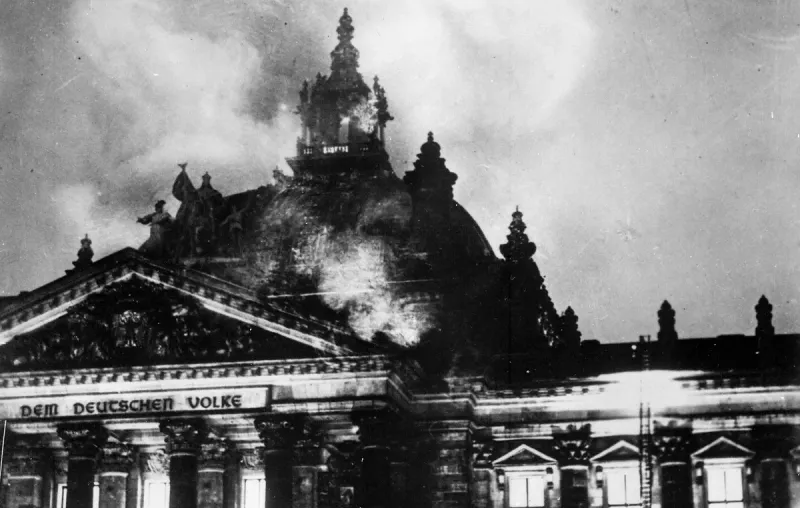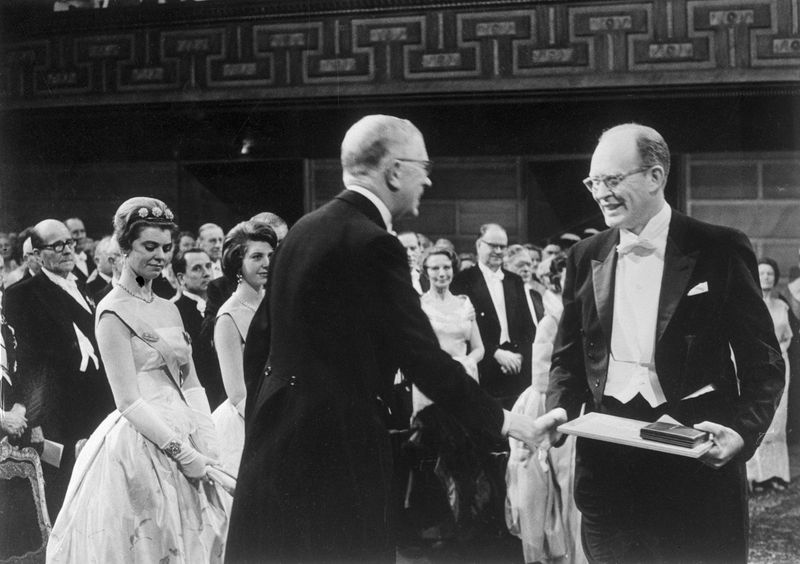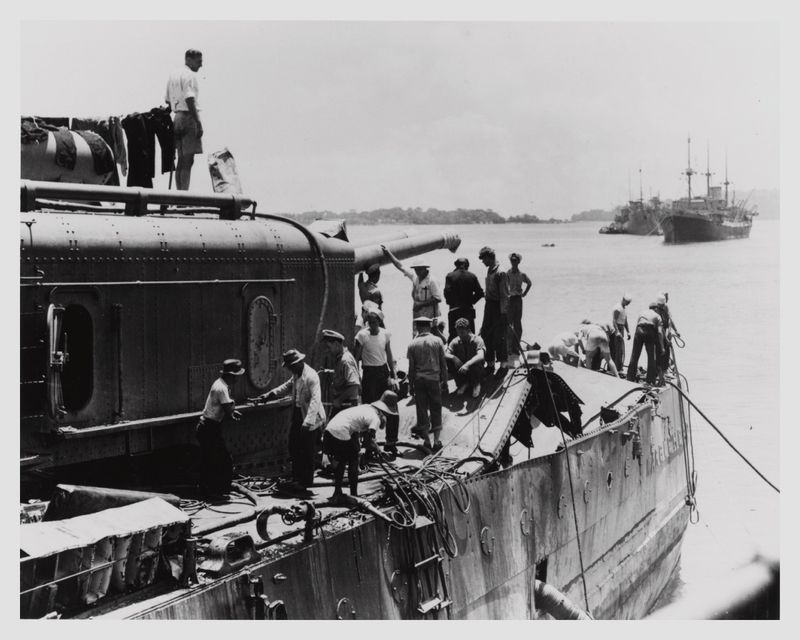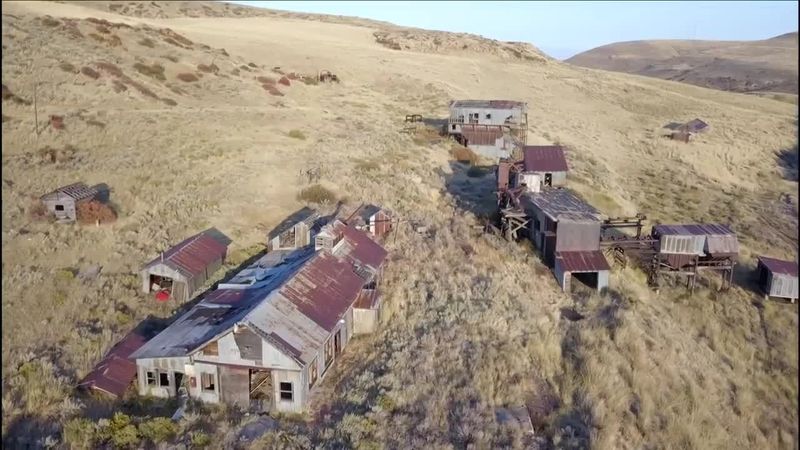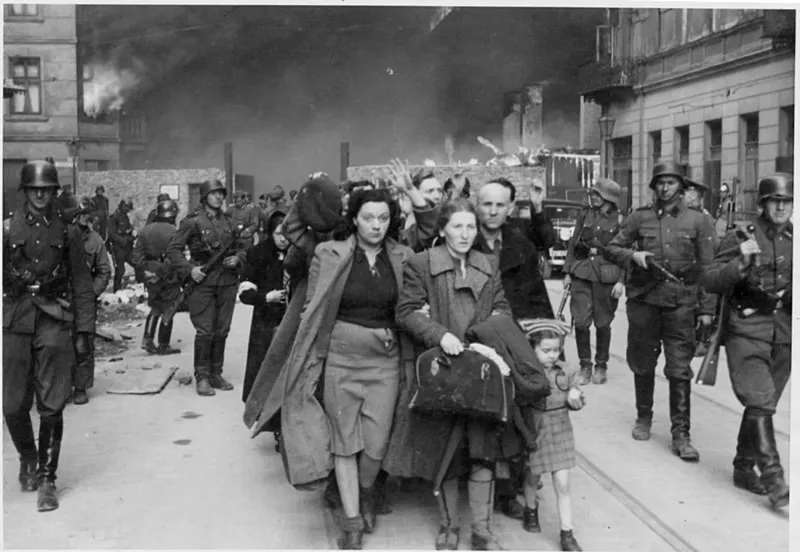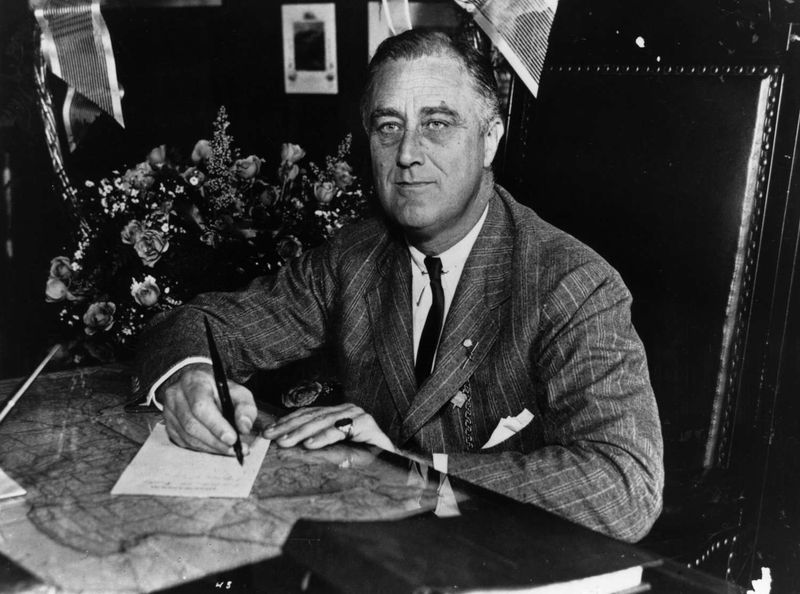February 27th has been a significant date in history, marked by numerous important events across various eras and regions.
From coronations and battles to discoveries and political movements, this day has seen events that have shaped history.
Join us as we explore 30 major happenings that took place on this day, revealing the past and offering insights into the events that have influenced our present.
1. 1594 – Henry IV Crowned King of France
In 1594, Henry IV of France was crowned in Chartres, marking a pivotal moment in French history. This coronation ended years of religious conflict and symbolized the rise of the Bourbon dynasty.
Henry IV, known for his pragmatic approach, aimed to unite a nation torn apart by religious wars. His reign introduced policies that promoted religious tolerance, notably the Edict of Nantes, which granted rights to Huguenots.
This foresight earned him the affectionate title of ‘Good King Henry.’ His legacy still resonates in France, reflecting a turning point towards unity and prosperity.
2. 1617 – Treaty of Stolbovo Signed (Sweden-Russia)
The Treaty of Stolbovo, signed in 1617, marked a significant moment in Northern European history. It concluded the Ingrian War between Sweden and Russia, reshaping the power dynamics in the Baltic region.
Sweden emerged victorious, acquiring substantial territories and thus establishing itself as a dominant Baltic power. This treaty hindered Russia’s access to the Baltic Sea, stalling its maritime ambitions.
The agreement underscored the intricate diplomacy of the era, where territorial control was pivotal. This historical treaty laid the groundwork for future conflicts and treaties in the region.
3. 1626 – Yuan Chonghuan Appointed Governor of Liaodong
In 1626, Yuan Chonghuan was appointed as the governor of Liaodong in China, taking on a critical role amid Manchu threats. Known for his military acumen, Yuan took on the task of defending the region from Manchu invasions.
His leadership saw improvements in military defenses and strategic alliances, strengthening Ming China’s northeastern frontier. Yuan’s appointment was pivotal during a time of uncertainty, bolstering regional security.
His efforts not only fortified the region but also elevated his status as a respected military leader, leaving a lasting impact on Chinese military history.
4. 1776 – Battle of Moore’s Creek Bridge (American Revolution)
The Battle of Moore’s Creek Bridge in 1776 was a decisive moment in the American Revolution. Taking place in North Carolina, this battle saw patriot forces successfully repel Loyalist troops, preventing British control in the southern colonies.
The victory bolstered the revolutionary cause, showcasing the effectiveness of militia forces. It also disrupted British plans to gain a foothold in the south, altering their strategy.
This battle emphasized the importance of local support and strategic planning, contributing to the broader American struggle for independence, inspiring further resistance against British rule.
5. 1782 – British Commons Votes to End Further War in America
In 1782, the British House of Commons voted to cease further military action in America, signaling a turning point in the American Revolutionary War. Exhausted by prolonged conflict, Britain faced mounting pressure to end hostilities.
This decision marked a shift towards peace negotiations and acknowledgment of American independence. The vote reflected the changing sentiment within Britain, influenced by war fatigue and economic strain.
The cessation of war efforts paved the way for the Treaty of Paris in 1783, which officially recognized the independence of the United States, profoundly altering global political landscapes.
6. 1801 – Washington, D.C. Placed Under U.S. Congress Jurisdiction
On February 27, 1801, Washington, D.C. was officially placed under the jurisdiction of the U.S. Congress, marking a key development in American governance. This decision centralized federal control over the capital, ensuring its neutrality and independence from any single state.
The move aimed to facilitate efficient administration and oversight of the nation’s capital, serving as a symbol of unity. As the seat of government, Washington, D.C. evolved into a hub of political activity.
This jurisdictional change laid the foundation for the capital’s growth, underscoring its role in American political life.
7. 1809 – Captain Dubourdieu Captures HMS Proserpine
In 1809, Captain Bernard Dubourdieu captured HMS Proserpine, a notable event during the Napoleonic Wars. This naval engagement occurred in the Mediterranean Sea, showcasing French naval strategy and prowess.
The capture of HMS Proserpine disrupted British naval operations, granting the French a tactical advantage. Dubourdieu’s successful maneuver highlighted the challenges of maritime warfare and the shifting balance of power.
This event emphasized the importance of naval dominance and strategic skill, influencing subsequent maritime tactics during the Napoleonic era, as both nations vied for control of the seas.
8. 1812 – Belgrano Raises the Flag of Argentina in Rosario
In 1812, General Manuel Belgrano raised the flag of Argentina for the first time in Rosario, a symbolic act in the Argentine War of Independence. This moment represented a burgeoning sense of national identity and unity.
Belgrano, a key figure in the independence movement, sought to inspire and rally support against Spanish colonial rule. The flag, embodying freedom and aspiration, became a potent emblem of the struggle.
This historic event marked a significant step towards the formation of an independent nation, with the Argentine flag continuing to symbolize pride and sovereignty.
9. 1812 – Lord Byron’s First Address in the House of Lords
In 1812, Lord Byron delivered his first speech in the House of Lords, marking his entry into political life. Known for his poetic genius, Byron used his oratory skills to address social injustices, particularly critiquing the Frame Breaking Act.
His speech reflected his advocacy for workers’ rights, setting him apart as a voice of reform. Byron’s eloquence and passion resonated with many, enhancing his reputation beyond poetry.
This event signified the intersection of art and politics, highlighting Byron’s influence as a cultural and political figure during a transformative period in British history.
10. 1844 – Dominican Republic Gains Independence from Haiti
On February 27, 1844, the Dominican Republic declared independence from Haiti, ending a 22-year period of Haitian rule. This significant event marked the emergence of a new sovereign state in the Caribbean.
The independence movement, led by figures like Juan Pablo Duarte, sought to establish a distinct Dominican identity. The declaration underscored aspirations for self-governance and cultural preservation.
The newfound independence paved the way for the Dominican Republic’s development, navigating challenges and forging a unique path in the region. The annual celebration reflects national pride and resilience.
11. 1859 – Daniel Sickles Murders Attorney General Philip Key II
In 1859, Congressman Daniel Sickles shocked society by murdering Philip Key II, the Attorney General for the District of Columbia, in a fit of jealousy. The sensational case captivated the nation, becoming one of the first examples of a temporary insanity defense.
Sickles confronted Key after discovering his affair with Sickles’ wife, leading to a public and tragic confrontation. The trial highlighted issues of morality, justice, and mental health, sparking widespread debate.
Despite the murder, Sickles was acquitted, reflecting the complexities of legal proceedings and societal attitudes of the era.
12. 1860 – Lincoln’s Cooper Union Speech Propels His Candidacy
In 1860, Abraham Lincoln delivered a pivotal speech at Cooper Union in New York City, significantly boosting his profile and candidacy for the presidency. The speech addressed the contentious issue of slavery, emphasizing constitutional principles and moral responsibility.
Lincoln’s eloquence and logic resonated with the audience, establishing him as a leading Republican figure. His arguments against the expansion of slavery helped unify the party.
This address was instrumental in garnering support from influential Northerners, contributing to his election as the 16th President of the United States, and shaping the nation’s future path.
13. 1864 – First Northern Prisoners Arrive at Andersonville, Georgia
In 1864, the first Northern prisoners arrived at Andersonville, a Confederate prison camp in Georgia, known for its harsh conditions. The camp, officially called Camp Sumter, became infamous for overcrowding, disease, and inadequate supplies.
The arrival of Union soldiers marked the beginning of a grim chapter in Civil War history, highlighting the human cost of conflict. Prisoners faced dire conditions, sparking outrage and post-war investigations.
Andersonville remains a poignant symbol of suffering, reminding us of the war’s impact on individuals and the importance of humane treatment of prisoners.
14. 1870 – Japan Adopts Its National Merchant Flag
In 1870, Japan officially adopted its national merchant flag, symbolizing a new era of modernization and international trade. This decision marked a shift in Japan’s global presence, aligning with its Meiji Restoration goals.
The flag, featuring a red sun against a white background, represented Japan’s maritime ambitions and national pride. As Japan expanded its merchant fleet, the flag became a recognizable emblem in ports worldwide.
This adoption reflected Japan’s intent to compete on the global stage, promoting its economic interests and signaling its emergence as a modern nation.
15. 1881 – Battle of Majuba Hill in the First Boer War
The Battle of Majuba Hill in 1881 was a pivotal engagement in the First Boer War between British forces and Boer settlers in South Africa. The Boers achieved a decisive victory, undermining British confidence and prompting negotiations.
This battle highlighted the effectiveness of Boer tactics, utilizing the rugged terrain to their advantage. It challenged British colonial assumptions, leading to the Pretoria Convention, which granted the Boers self-governance.
Majuba Hill remains a symbol of resistance and determination, influencing subsequent conflicts and negotiations in South African history.
16. 1898 – King George I of Greece Survives Assassination Attempt
In 1898, King George I of Greece narrowly escaped an assassination attempt, a dramatic episode in Greek history. The incident occurred as the king traveled in Athens, underlining the political tensions of the era.
The survival of King George I, a stabilizing figure, was crucial for Greece’s political continuity and reform efforts. His reign saw modernization and expansion, contributing to Greek national identity.
This assassination attempt reflected the volatile political landscape, highlighting the challenges faced by monarchs in maintaining stability and progress during turbulent times.
17. 1900 – Boer General Piet Cronjé Surrenders at Paardeberg
In 1900, Boer General Piet Cronjé surrendered to British forces at the Battle of Paardeberg during the Second Boer War. This marked a turning point, as British forces gained a strategic advantage.
Cronjé’s surrender followed a tenacious defense, demonstrating the resilience of Boer fighters. The event underscored the complexities of guerrilla warfare and its impact on traditional military strategies.
The fall of Paardeberg was pivotal in the British campaign, influencing the course of the war and shaping the eventual peace negotiations, impacting South Africa’s colonial future.
18. 1900 – British Labour Party Founded
The British Labour Party was founded in 1900, a significant development in the political landscape of the United Kingdom. Emerging from the labor movement, the party aimed to represent working-class interests and advocate for social justice.
This foundation laid the groundwork for progressive reforms, addressing issues like workers’ rights, education, and healthcare. The Labour Party’s rise signaled a shift towards inclusive politics and social welfare.
Its impact continues to shape British politics, emphasizing the importance of addressing inequality and ensuring representation for all societal sectors in the political process.
19. 1900 – Fußball-Club Bayern München Founded
In 1900, Fußball-Club Bayern München was founded in Munich, Germany, marking the birth of one of the most successful football clubs in history. A group of football enthusiasts convened to establish a club devoted to the sport’s development.
Bayern München quickly rose to prominence, becoming a symbol of excellence and passion in football. Its founding reflected the growing popularity of the sport in Germany and Europe.
Today, Bayern München is celebrated for its achievements and contributions to football, inspiring countless fans and maintaining a legacy of sporting excellence.
20. 1902 – Execution of Morant and Handcock in the Second Boer War
In 1902, the execution of Harry ‘Breaker’ Morant and Peter Handcock occurred during the Second Boer War, following a controversial trial. The British military tribunal found them guilty of war crimes, igniting debate over military conduct and justice.
Their execution highlighted the complexities of wartime ethics and command responsibility. The case spurred discussions on British military practices and colonial rule, influencing public opinion.
The story of Morant and Handcock endures as a poignant reflection on the moral dilemmas faced during conflict, raising questions about justice and accountability in wartime.
21. 1916 – SS Maloja Sinks After Striking a Mine
In 1916, the SS Maloja sank after hitting a mine in the English Channel, a tragic maritime disaster during World War I. The incident resulted in significant loss of life and underscored the perils of wartime navigation.
The sinking of the SS Maloja highlighted the dangers posed by naval mines and the vulnerability of civilian ships during conflict. This tragedy prompted efforts to improve mine detection and maritime safety.
The event remains a somber reminder of the impact of war on maritime travel, emphasizing the need for vigilance and innovation in naval warfare strategies.
22. 1921 – International Working Union of Socialist Parties Founded in Vienna
In 1921, the International Working Union of Socialist Parties was founded in Vienna, shaping the global socialist movement. This union aimed to unite socialist parties worldwide, fostering collaboration and ideological exchange.
The founding of this organization reflected the desire for solidarity and coordinated efforts towards social justice and workers’ rights. It emphasized the importance of international cooperation in addressing economic and social challenges.
This initiative influenced subsequent socialist movements, contributing to the global discourse on equality and collective action, and remains a historical milestone in the quest for progressive change.
23. 1922 – Leser v. Garnett Upholds Women’s Right to Vote
The 1922 Supreme Court case Leser v. Garnett was pivotal in affirming the constitutional right of women to vote in the United States. The case challenged the validity of the 19th Amendment, which granted women’s suffrage.
The Court’s unanimous decision upheld the amendment, reinforcing the legal basis for women’s voting rights. This ruling was a significant victory for the women’s suffrage movement, ensuring equal participation in democracy.
Leser v. Garnett stands as a testament to the struggle for gender equality, marking a crucial step towards a more inclusive society.
24. 1932 – Mäntsälä Rebellion Erupts in Finland
The Mäntsälä Rebellion erupted in Finland in 1932, a violent insurrection led by the Lapua Movement. This far-right uprising aimed to overthrow the democratic government, reflecting deep political divisions.
The rebellion was swiftly suppressed by government forces, but it highlighted the fragility of Finland’s young democracy. The crisis prompted legislative reforms and strengthened democratic institutions.
The Mäntsälä Rebellion serves as a reminder of the challenges faced by nations in maintaining political stability, emphasizing the importance of resilience and vigilance in preserving democratic values.
25. 1933 – Reichstag Fire in Berlin
The Reichstag Fire of 1933 was a pivotal event in German history, occurring in Berlin. The fire engulfed the Reichstag building, leading to a national emergency declaration.
The Nazi regime used the incident to justify sweeping political changes, curtailing civil liberties and consolidating power. This event marked the beginning of totalitarian rule in Germany.
The Reichstag Fire remains a symbol of political manipulation and the dangers of unchecked power, underscoring the fragility of democratic institutions in the face of authoritarian threats.
26. 1940 – Discovery of Carbon‑14 by Martin Kamen and Sam Ruben
In 1940, scientists Martin Kamen and Sam Ruben discovered Carbon-14, a breakthrough in radioactive isotopes. This discovery revolutionized fields like archaeology and geology through radiocarbon dating.
Carbon-14 enabled precise dating of organic materials, transforming our understanding of historical and prehistorical timelines. The innovation opened new avenues in scientific research, from studying climate change to biological processes.
The discovery of Carbon-14 highlights the impact of scientific ingenuity on various disciplines, illustrating the interconnectedness of science and history in unraveling the past.
27. 1942 – Allied Defeat in the Battle of the Java Sea
The Battle of the Java Sea in 1942 was a significant World War II naval engagement, resulting in an Allied defeat against Japanese forces. This battle underscored the challenges faced by the Allies in the Pacific theater.
The Japanese victory highlighted their naval superiority and strategic planning, impacting subsequent military operations. The loss prompted the Allies to reevaluate their strategies and reinforced the need for coordination.
The battle serves as a lesson in the complexities of naval warfare and the importance of tactical innovation and collaboration among Allied forces.
28. 1943 – Smith Mine #3 Explosion in Montana Kills 74
In 1943, a catastrophic explosion occurred at Smith Mine #3 in Montana, resulting in the tragic death of 74 miners. This disaster highlighted the perils of mining and the need for improved safety measures.
The explosion was one of the deadliest in Montana’s history, prompting investigations and calls for regulatory reforms. It underscored the human cost of industrial progress and the importance of worker safety.
The legacy of the Smith Mine disaster serves as a reminder of the ongoing struggle for safe working conditions and the sacrifices made by laborers in pursuit of economic development.
29. 1943 – Gestapo Arrests 1,800 Jewish Men in Berlin (Rosenstrasse Protest)
In 1943, the Gestapo arrested 1,800 Jewish men in Berlin, sparking the Rosenstrasse Protest, a remarkable act of resistance. Wives and relatives of the arrested staged a non-violent protest, demanding their release.
The demonstration gained international attention and resulted in the eventual liberation of many detainees. This act showcased the power of solidarity and courage in the face of oppression.
The Rosenstrasse Protest remains a symbol of civilian resistance, highlighting the impact of collective action and the resilience of those who stood against Nazi tyranny.
30. 1951 – Ratification of the 22nd Amendment Limiting U.S. Presidents
In 1951, the United States ratified the 22nd Amendment, imposing term limits on the presidency. This amendment arose from concerns over executive power following Franklin D. Roosevelt’s four terms.
The ratification limited presidents to two terms, ensuring a balance of power and preventing potential abuses. It reflected the evolving understanding of democratic governance and the importance of checks and balances.
The 22nd Amendment underscores the adaptability of the U.S. Constitution, illustrating the nation’s commitment to democratic principles and the safeguarding of liberties against potential authoritarianism.
